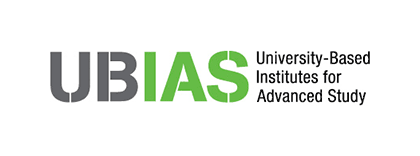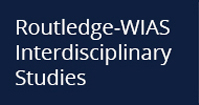14:10-14:40 December 12, 2022
“Carbon Neutrality and Social Science: the Role of Economics in Shaping Public Policy”
ARIMURA Toshi H. (Former Director, WIAS/ Professor, Faculty of Political Science and Economics)
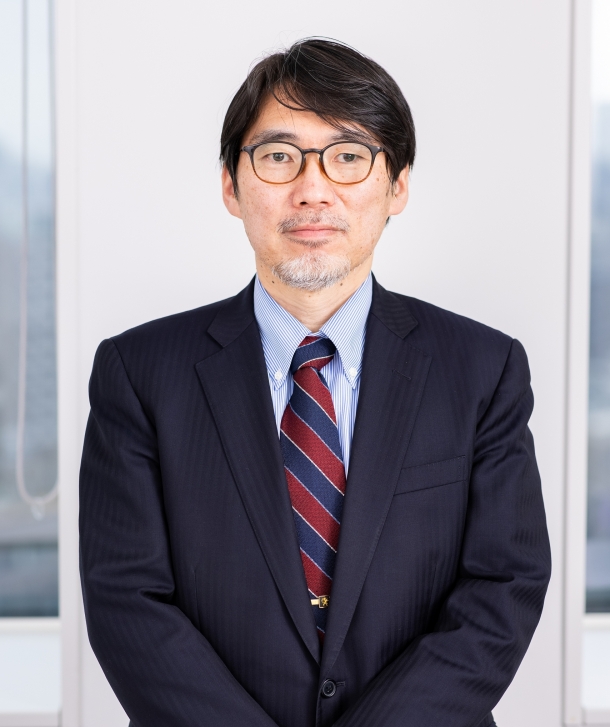
Dr. Arimura is a Professor at School of Political Science and Economics and a Director of the Research Institute for Environment Economics and Management at Waseda University. He was a Director of Waseda Insititue of Advanced Studies, a Professor at Sophia University in Tokyo and was a visiting scholar with George Mason University and Resources for the Future as a recipient of the Abe Fellowship. His major research area is climate change. He is a coeditor of Carbon Pricing in Japan (Springer) which received the commentary award from Society for Environmental Economics and Policy Studies (SEEPS) in 2021. Dr. Arimura holds a Ph.D. in economics from the University of Minnesota. He has served on many Japanese government committees on environmental issues. He is the recipient of Outstanding Publication Award from SEEPS and serving as the president of SEEPS.
Abstract
To address the issue of climate change, we must achieve carbon neutrality. To fulfill this objective, the expansion of renewable energy is a priority. In addition, Japanese industry has high expectations on the future prospects of hydrogen, ammonia and carbon recycling. Natural science and engineering play an essential role in reaching carbon neutrality, but social science also has a part to play. In this presentation, I will discuss how economics and other social science disciplines can contribute to achieving the carbon neutrality. Specifically, I will discuss the role of economics and other social science in the context of carbon pricing and energy efficiency. Furthermore, I will touch upon the importance of historical perspective. Finally, the relationship between energy and well-being is discussed in the context of indoor air pollution in developing economies.
15:20-15:50 December 12, 2022
“Well-being in an animal society: thoughts about honeybee collectives – and comments on institutes for advanced studies”
GALIZIA Giovanni (Director, Zukunftskolleg, University of Konstanz)
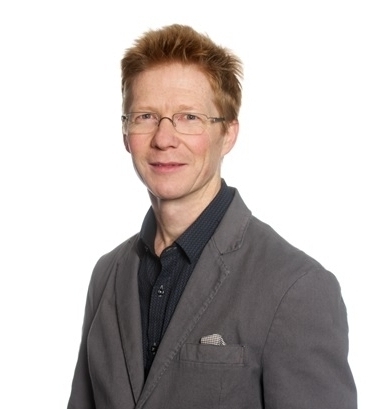 Dr. Giovanni Galizia is Professor of Zoology and Neuroscience, and the Director of the Zukunftskolleg, an Institute for Advanced Study for Junior researchers, at the University of Konstanz, Germany. He is a permanent Fellow at the Wissenschaftskolleg in Berlin, Germany. Until 2005 he was Associate Professor for Entomology and Entomologist at the University of California, Riverside, and before that research group leader at Freie Universität Berlin. He has edited several books, including “Neuroscience”, a textbook for animal neuroscience at Springer. His major research area is olfactory coding in the insect brain, most notably the honeybee brain, and honeybee behavior within the Excellence Cluster “Collective Behavior” at the University of Konstanz. Dr. Galizia holds a Ph.D. in Zoology from the University of Cambridge, UK.
Dr. Giovanni Galizia is Professor of Zoology and Neuroscience, and the Director of the Zukunftskolleg, an Institute for Advanced Study for Junior researchers, at the University of Konstanz, Germany. He is a permanent Fellow at the Wissenschaftskolleg in Berlin, Germany. Until 2005 he was Associate Professor for Entomology and Entomologist at the University of California, Riverside, and before that research group leader at Freie Universität Berlin. He has edited several books, including “Neuroscience”, a textbook for animal neuroscience at Springer. His major research area is olfactory coding in the insect brain, most notably the honeybee brain, and honeybee behavior within the Excellence Cluster “Collective Behavior” at the University of Konstanz. Dr. Galizia holds a Ph.D. in Zoology from the University of Cambridge, UK.
Abstract
As we search for a sustainable and stable society, we might be tempted to look into the animal kingdom. Are there any “stable societies” there, that we might learn from? And what are their secrets of success?
Indeed, across animal species, there are remarkable examples of social species, and their collective behavior is fascinating. Among the most complex we find the social insects: a variety of wasp, ant and bee species live in groups of sometimes many thousands, apparently in perfect harmony.
Honeybees, in particular, have fascinated humans since thousands of years: they were taken as the perfect example for a “good society” with a king and obedient soldiers and workers already in ancient Greece. When it was discovered that worker bees are female, and the alleged king is a queen, it only took a few years for a book to appear, advocating for matriarchy as the natural solution for a stable and just state. But what can we learn from other species? And how much can we really learn, when comparing different societies across species, including us humans?
13:00-14:00 December 13, 2022
“Well-being brought about by imagination sharing”
AWAGA Kunio (Director, Institute for Advanced Research, Nagoya University)
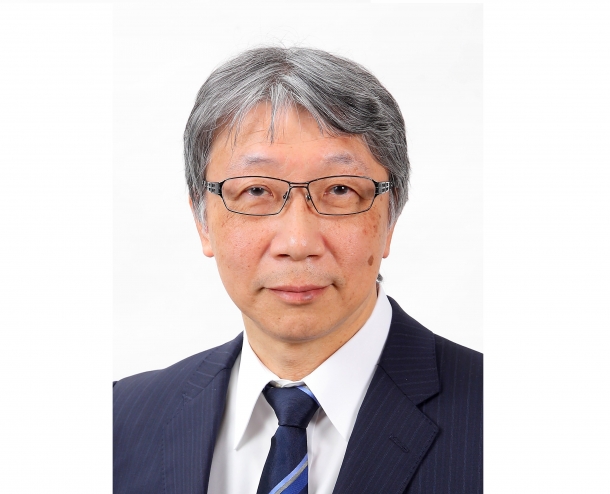 1988 D.S., Univ. of Tokyo
1988 D.S., Univ. of Tokyo
1988 Assistant Professor, Institute of Molecular Science
1992 Associate Professor, Graduate School of Arts and Sciences, The University of Tokyo
2001 Professor, Graduate School of Science, Nagoya University
2004 Professor, Research Center for Materials Science, Nagoya University
2013-17 Director, Professor, Research Center for Materials Science, Nagoya University
2014 Professor, Graduate School of Science, Nagoya University
2019-22 Dean, Graduate School of Science, Nagoya University
2022- Director, Institute of Advanced Research, Nagoya University
Abstract
The greatest characteristic of humans (Homo sapiens) is our ability to share imaginary events with each other, form large groups, and overwhelm others by sheer force of numbers. This has driven many creatures to extinction and brought about the prosperity of human society. In this presentation, after a brief introduction of the Institute for Advanced Research at Nagoya University, two examples of cutting-edge research at Nagoya University related to “shared imagination” will be presented.
(i) Android Buddha
(ii) Egyptian pyramids
Based on these, we will discuss the sharing process of “imaginary events” in one group and between groups. In modern society, there are many cases in which an “imaginary event” shared by one group conflicts with an “imaginary event” of another group, and this has led to various problems and conflicts. Such conflicts of interest between groups, so to speak, can also be seen in the academic field, and a typical example is “Environment” and “Energy.” In the latter half of the presentation, the speaker will introduce this issue and his own research.



